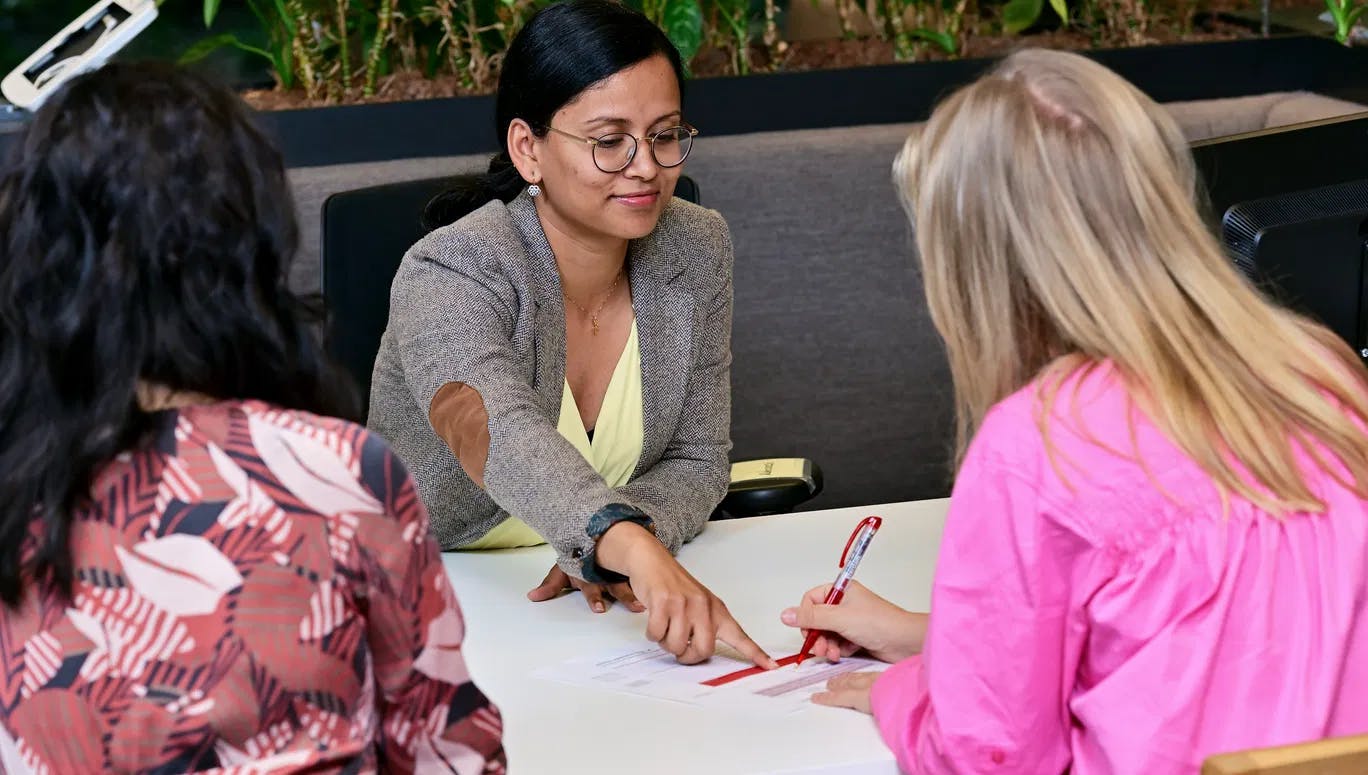
Registering in the Amsterdam Area
20 November 2025

Whether authentication is necessary depends on the country you come from. Some countries have made agreements with one another, which means that you may be eligible to undergo accelerated proceedings or even forego authentication. Learn more about legalisation conventions and search for the requirements of the Netherlands.
The world’s best-known legalisation convention is the Apostille Convention of 5 October 1961, which simplified the legalisation of documents. Under this convention, a document can be legalised by the issue of a single apostille stamp. A marriage certificate with an apostille stamp, for instance, is valid in all countries that are a party to the Apostille Convention.
Whenever possible, it is good to arrange document authentication before travelling to the Netherlands, as authentication would be carried out by your home government. If the document is written in a language other than Dutch, English, French or German, you may need to provide a translation by a sworn translator. If the translator is not based in the Netherlands, you may need to get both the original document and the translation legalised, otherwise legalising the document only is sufficient. If you require an authenticated document after moving to the Netherlands, you should contact your country’s embassy or consulate to discover the best way to proceed.
As of 16 February 2019, the Regulation on Public Documents reduces red tape for EU citizens moving to other EU countries. For example, public documents (birth certificate, marriage certificate, etc) must be accepted as authentic without the need for an authenticity stamp (apostille).
Likewise, the regulation also abolishes the requirement to provide a translation of a document – rather, if the document is not in one of the official languages of the EU country requesting the document, the citizen can request a multilingual standard form from the issuing country. Learn more about the changes brought about by the Regulation on Public Documents, and which public documents it relates to.
Everyone must have valid identification in the Netherlands. If you are from the EU or EEA, this can be your passport or identity card. In other cases, this will be a residence permit (verblijfsvergunning or verblijfsdocument) or a refugee travel document. Find out more about proving your identity.
Dependent on your country of origin and situation, other documents may be required in addition to the above. For this reason always contact the Ministry of Foreign Affairs first.